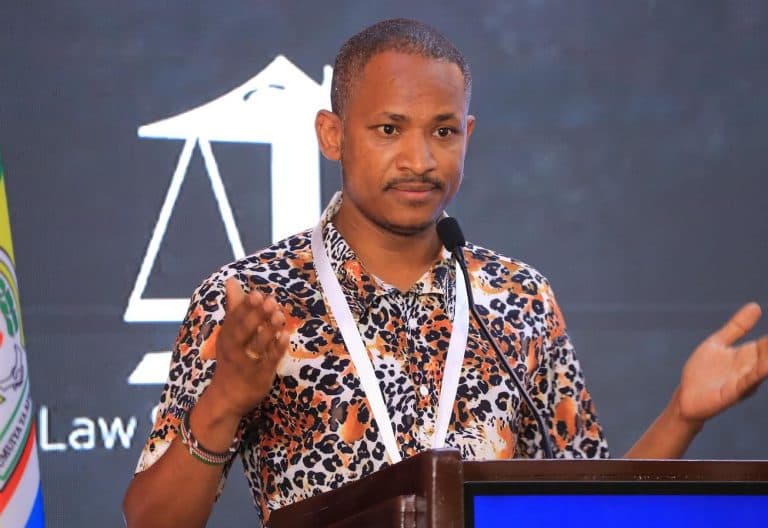We're loading the full news article for you. This includes the article content, images, author information, and related articles.
Embakasi East MP Babu Owino has accused the government of neglecting lecturers' demands, leading to a three-week strike that has paralysed public universities. The dispute centres on the non-implementation of a Collective Bargaining Agreement.

The ongoing lecturers' strike in Kenyan public universities has entered its third week, prompting strong criticism from Embakasi East Member of Parliament Babu Owino. Speaking via his official X account on Wednesday, October 1, 2025, Owino faulted the government for its delayed response to the striking dons' demands, which he stated have brought learning to a standstill in higher education institutions across the country.
The core of the dispute, according to Owino, is the government's failure to implement an existing Collective Bargaining Agreement (CBA) with the lecturers. He highlighted the strike as "one of the worst crises in years," leading to the disruption of research and leaving thousands of students in limbo.
The strike, now in its third week, stems from what lecturers describe as chronic underfunding of universities and the government's persistent failure to honour CBAs. This has been a recurring issue in Kenya's higher education sector, with similar industrial actions witnessed in previous years over unmet salary and allowance increments. The current strike has significantly impacted the academic calendar, raising concerns among students, parents, and university administrations.
Analysts suggest that the prolonged strike and the ensuing public debate could influence near-term public discourse and policy execution. Stakeholders are pressing for greater clarity on the timelines for resolving the dispute, the financial costs involved in meeting the lecturers' demands, and the safeguards to prevent similar disruptions in the future. The Ministry of Education and university management boards are expected to engage with the lecturers' unions to find a lasting solution.
The continued strike poses significant risks to Kenya's higher education system. Prolonged closures could lead to a backlog in academic programmes, affect student enrolment, and potentially compromise the quality of education. Furthermore, it could damage the reputation of public universities and lead to a brain drain as lecturers seek more stable employment opportunities. Economically, the disruption affects the productivity of a key sector and has ripple effects on related industries.
Attention will be on the government's next steps in addressing the lecturers' demands and whether a concrete timeline for implementing the CBA will be established. The engagement between lecturers' unions and government representatives will be crucial. Observers will also be keen to see if the strike escalates or if a resolution is reached in the coming days, allowing students to resume their studies.
Keep the conversation in one place—threads here stay linked to the story and in the forums.
Sign in to start a discussion
Start a conversation about this story and keep it linked here.
Other hot threads
E-sports and Gaming Community in Kenya
Active 9 months ago
The Role of Technology in Modern Agriculture (AgriTech)
Active 9 months ago
Popular Recreational Activities Across Counties
Active 9 months ago
Investing in Youth Sports Development Programs
Active 9 months ago